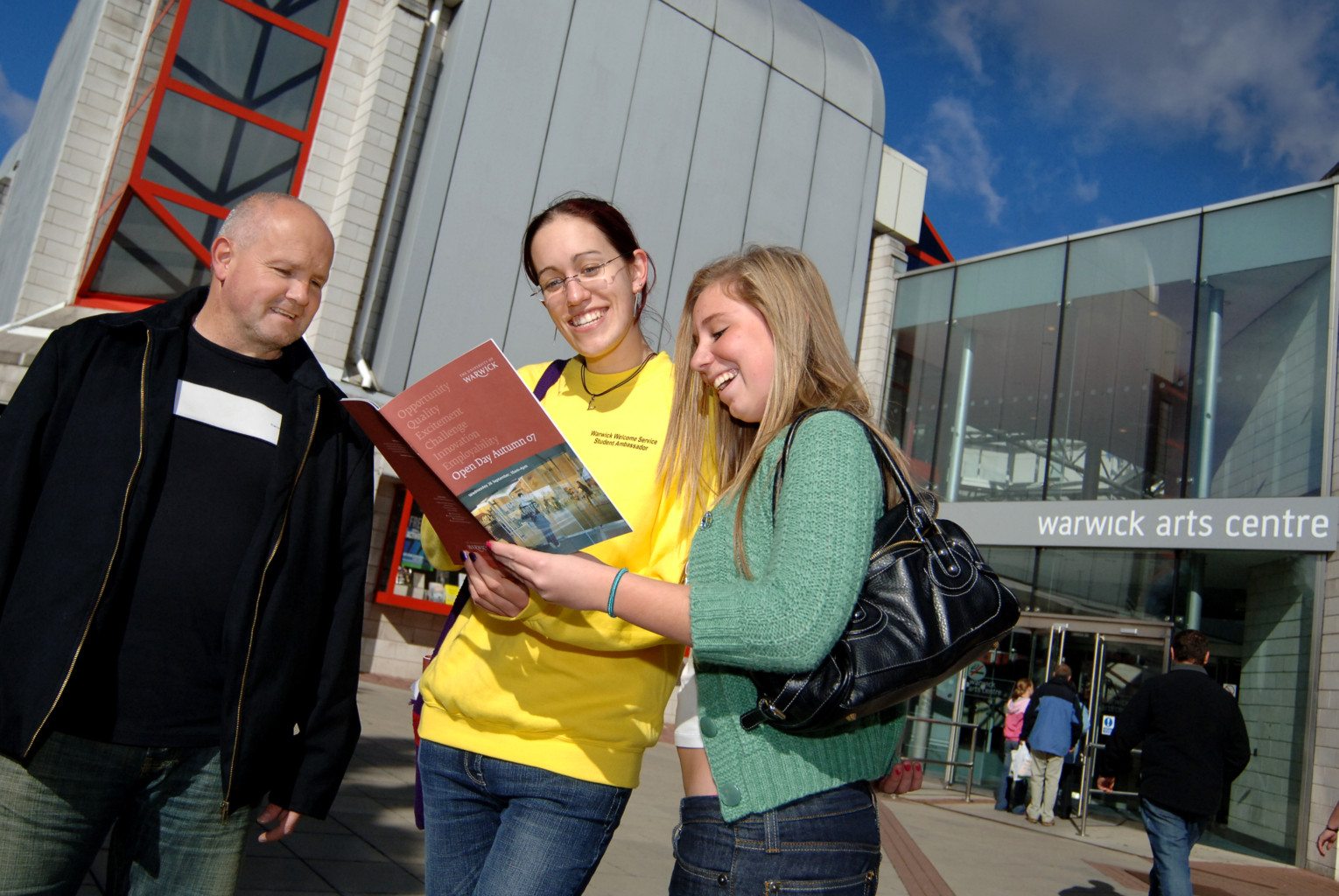Private school students still have the advantage
Despite claims that top universities are discriminating against private school students, statistics show that private school students still seem to have the advantage when applying to the most selective universities in the country, such as Warwick University.
In 2010-11, 64 percent of privately educated A-Level students were accepted into top universities, as opposed to 24 percent of state educated students – a forty percent gap that widened from 37 percent in 2007-08.
Oxford University data revealed that private school pupils are nine percent more likely to secure a place than state school pupils who achieve the same grades – three A*s or higher.
Cambridge University, on the other hand, increased state school representation by five percent this year. In spite of this, recent reports state that seven percent of children are privately-educated but they represent forty percent of Oxford and Cambridge students.
At Warwick University, however, 74 percent of students come from a background of state education.
Tom Holroyd, a second-year Physics undergraduate, did not believe privately educated students had a particular advantage when applying to Warwick, but that they may have an advantage in subjects where there is an interview process because private school students come across better in interviews.
When asked if Warwick favours private school students, Tim Pottle, who studies Economics, observed that “most of my friends went to private schools but I don’t think it’s a big enough sample to say anything conclusive about the university as a whole.”
In addition, Jim Burrows, a second-year English Literature undergraduate, stated that ‘I haven’t noticed a bias. I come from a grammar school and I don’t really think that advantaged or disadvantaged me in any particular way.’
However, Ameera Chana, a first-year Biomedical Sciences undergraduate also from a grammar school, thought that while Warwick does not show bias based on whether a student has gone through private or state education, selective universities will naturally favour students with the best grades, many of whom will also happen to have attended private schools.
Nevertheless, government education reforms have been attempting to widen access to higher education for students from the most disadvantaged backgrounds.
Professor Les Ebdon, the director of Fair Access to Higher Education, said that in 2013-14 more students from the most disadvantaged backgrounds applied through UCAS than ever before.
It is required that universities charging over £6000 for tuition fees must use a quarter of their extra income on helping out disadvantaged students in the form of tuition fee waivers and bursaries.
Warwick charges its home students £9000, therefore spends roughly £750 per undergraduate student on funding places for poorer students from state educated backgrounds.
A spokesperson for the University reported that in the 2012-13 academic year, 2674 home full-time students from lower income families received a bursary, 507 home full-time students received a fee waiver and 14 home part-time students received a fee waiver.
They explained: “this year, we spent in excess of £5.5 million on bursaries, and are looking to increase this in coming years.
“These bursaries are only offered to state school students from low participation areas, and they are predominantly income based.
“The University of Warwick is committed to making sure that the best students, regardless of their background, are able to come to Warwick.
“We’re trying to do this by helping those students who want to come to Warwick financially, and also engaging with young people from underrepresented groups at various stages of their life.”
Warwick’s various outreach schemes, including Goal and Pathways to Law, all aim to ensure that students from poorer backgrounds are still encouraged and able to go to university.

Comments